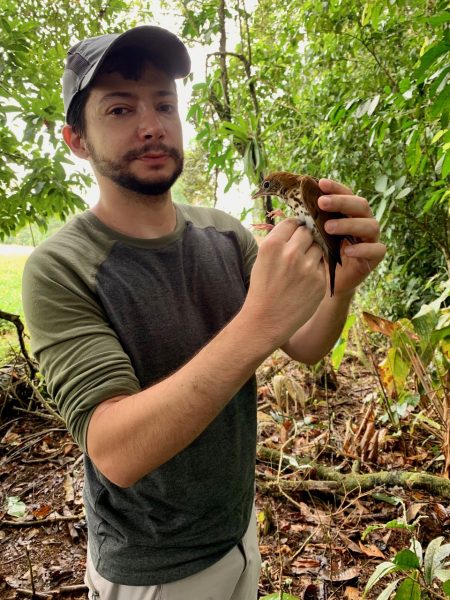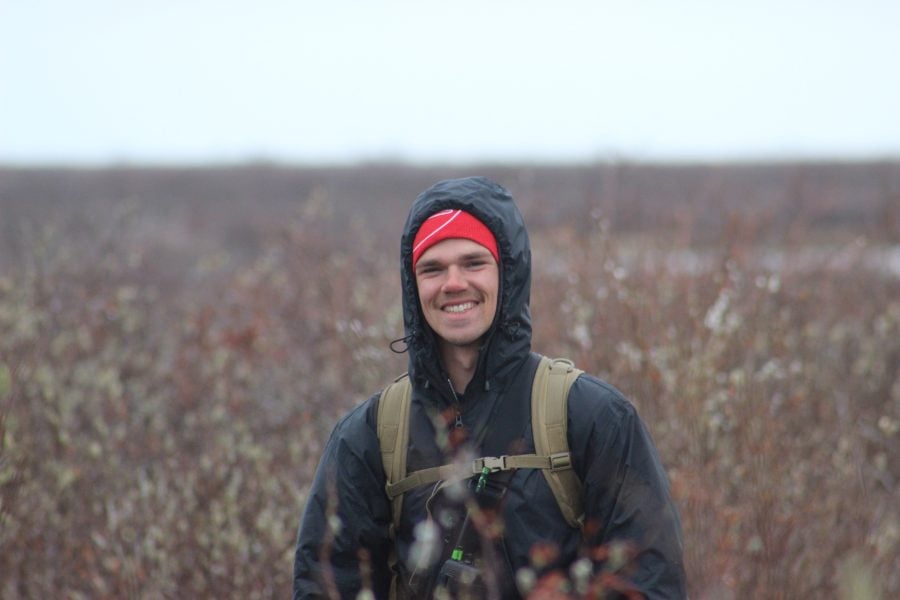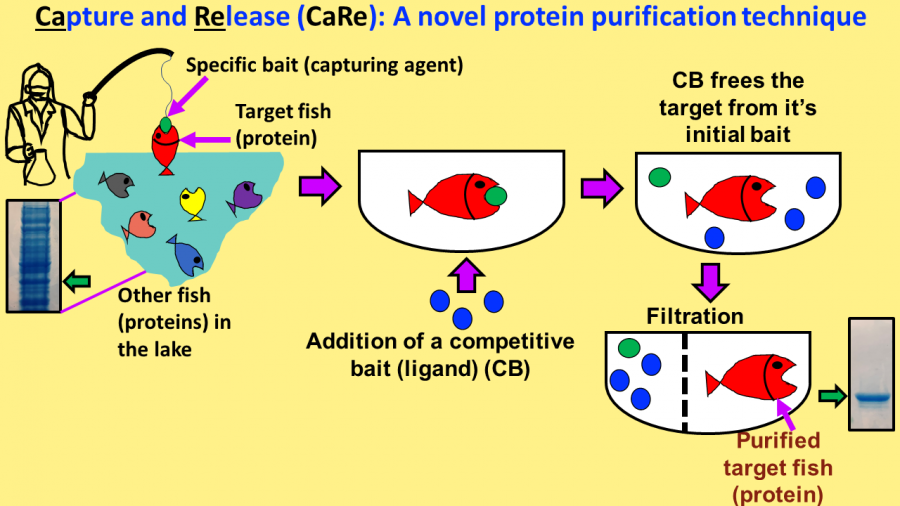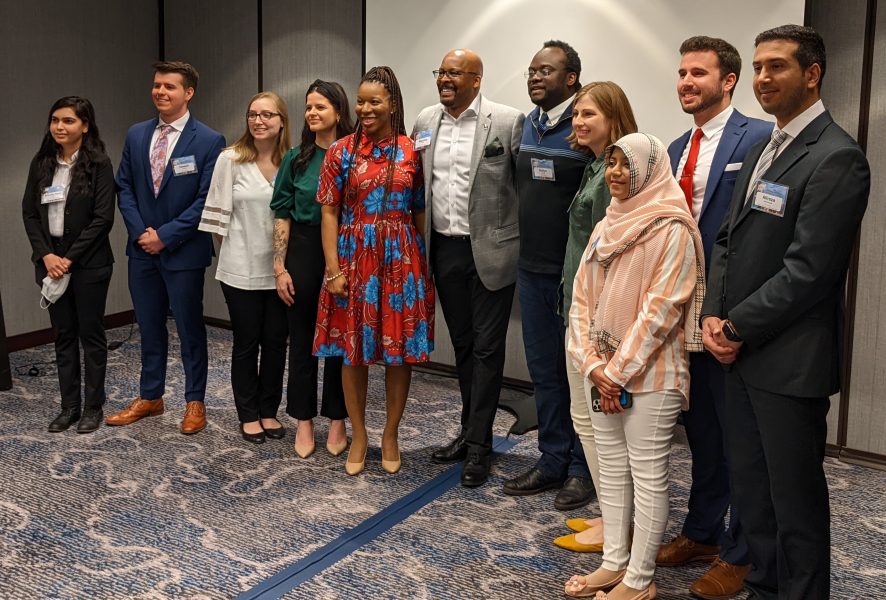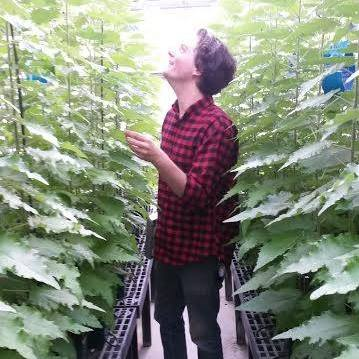I started my graduation in Forest Science at the College of Forest Resources and Environmental Science in the fall of 2017. Before that, I completed my undergrad and Master’s in Brazil working with ecology and conservation of Neotropical birds. At Michigan Tech I was able to complete four fieldwork seasons to collect data about migratory birds that breed in North America and spend the winter in the tropics. This group has been declining at concerning rates, and recent data showed that the winter range can play an essential conservation role. Our broader objective is to determine the value of working landscapes as habitats for wintering birds. Some managed crops in the tropics (e.g., coffee and cacao) can provide good habitats for migratory birds to spend the winter and prepare for the demanding journey back. In Mexico, we assessed a recent agroecosystem in the Americas, oil palm plantations. This crop is rapidly expanding and not much data is available about how the declining migratory birds cope and how the plantations can be managed to improve their habitat quality. In Costa Rica, we worked with local partners and intend to determine if small forest fragments can provide good habitats for the Wood Thrush and develop a decision support tool to inform what sites should be prioritized when funding for protection is limited.
I intend to continue working with research and focus on applied conservation. My goal is to contribute to the development of our current understanding of migratory bird conservation during the winter, especially in working landscapes. Additionally, since I plan to focus my career on migratory bird conservation, especially on the wintering grounds, I aim to travel back to the countries where I collected data and offer courses in bird banding and migratory bird conservation. Capacitating local researchers to develop their own studies, which is an important step to collecting more information about the migrants on the wintering sites. As a Latin American researcher, I feel that most of the studies, especially with migratory birds, are developed by foreign institutions. Thus, offering capacitation opportunities will increase the local research body and address the lack of information on declining migratory birds in the tropics.
I’m thankful for all the support and opportunities received from the College of Forest Resources and Environmental Science. Also grateful for the mentoring from my advisors, Dr. David Flaspohler and Dr. Jared Wolfe, and committee members Dr. Jessie Knowlton and Dr. Chris Webster.
